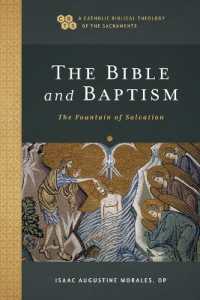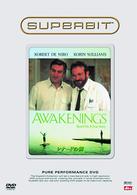- ホーム
- > 洋書
- > 英文書
- > Religion / Ethics
Full Description
John Henry Newman is well-known as a theologian, philosopher, historian, writer, University rector, and poet, but can he also be associated with the field of canon law?
When Newman first proposed the possibility of doctrinal development as proof that the Catholic faith was free from corruption and error, he claimed "the Church is declared to be the great and special support of the Truth, her various functionaries are said to be means towards the settlement of diversities and of uncertainty of doctrine, and securing unity of faith." For Newman, these various functionaries included not only apostles, prophets, evangelists, and pastors, but also theologians and, as is argued in this work, canon lawyers.
While Newman and doctrinal development have become well-explored topics in the field of theology, there has been little scholarship on how Newman's thoughts on doctrinal development can influence current canon law and Church governance. David Long addresses that lacuna by offering a systematic analysis of Newman's concept of development within current canonical practice. It starts by tracing Newman's notions of personal judgment, public discussion, and episcopal moderation, followed by a presentation of the current canonical understanding of the theologian, and finally an application of the connection between Newman's theory on development and present canonical legislation as it involves the role of the theologian.
By undertaking such an application, and by creating a model for discussion that preserves both development and Tradition, this work humbly proposes a valuable model for understanding the theologian's contribution within the life of the contemporary Church in ways not previously explored.








